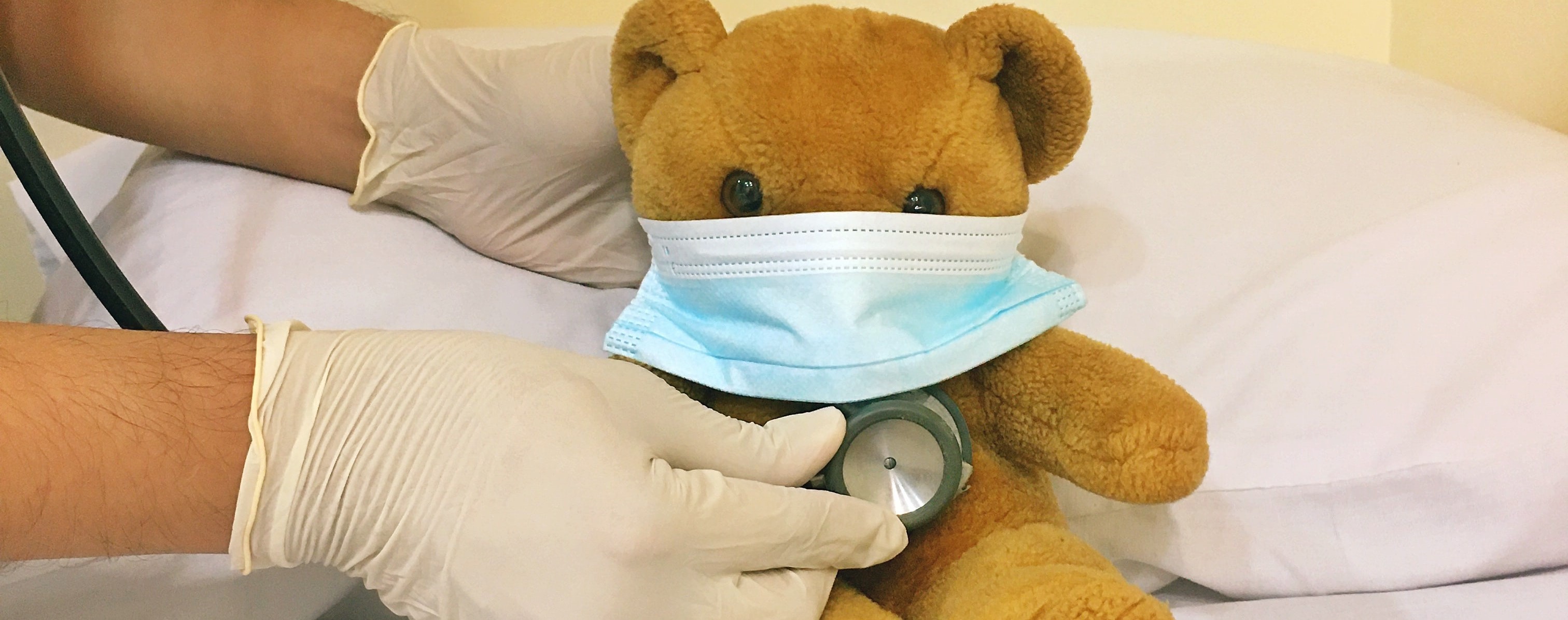

Introduction
Children, they say, are one-third of our population and all of our future. They bring along myriad emotions in their wake – joy, laughter, wonder, imagination, pain, anger, and frustration – but they continue to inspire pure, unconditional love.
If you feel the same way, you would probably do well in a career that involves working with children. The choices are many and the main requirements for such roles are oodles of patience, energy, sensitivity, and love.
One such highly recommended career is in the field of pediatrics. Health practitioners who deal exclusively with the emotional, social, and physical well-being of children are known as pediatricians.
What does a Pediatrician do?
Doctors or healthcare professionals who treat children are called Pediatricians. As they grow, children undergo rapid physical and mental changes. They have entirely different physiology in comparison with adults.
Pediatricians understand the rapid growth and development of children, and they know that the treatment of medical conditions in children can be quite different from treating conditions in adults.
They are skilled at the prevention, detection, and treatment of acute and chronic conditions in children. They work to reduce infant and child mortality and nurture the many aspects of child development.
Most pediatricians practice general pediatrics, covering children from birth to about 16 years of age. For those who want to advance to a subspecialty, there are numerous options like Neonatal-Perinatal Medicine, Pediatric Cardiology, Adolescent Medicine, and Developmental-Behavioral Pediatrics, to name a few.
Qualifications Required
If you're interested in becoming a pediatrician, you must be wondering where and how to begin your career path.
The road to becoming a pediatrician begins with a four-year undergraduate degree at a college or university. Some students may enter a pre-med program to become a pediatrician, however, others get prerequisites by taking courses such as physics, biology, and chemistry (inorganic and organic). Students who have a clear goal to become a pediatrician may choose to major in child psychology or another discipline closely associated with pediatrics.
The next step toward a career in pediatrics is taking the Medical College Admission Test (MCAT) and applying to a medical school to earn a Doctor of Medicine (M.D.) degree. Most?programs?take four years to complete.
Once you've earned your degree, you must become licensed to legally practice medicine in the US.
Additionally, as medical school draws to a close, we recommend you ?apply for a pediatric residency?position. Residency typically lasts three years, but your training may take longer if you choose to further specialize in an area like pediatric cardiology or pediatric emergency medicine.
Career as a Pediatrician
Now that you have a better understanding of what a pediatrician does and how to become one, let's explore pediatrician is a career.
Dealing with children and parents requires patience and communication skills. Compassion and empathy are important in handling frightened youngsters and overwhelmed caregivers. Pediatricians often spend long hours on their feet, requiring stamina and endurance.
Pediatricians in general practice may spend 40 to 50 hours a week seeing patients. However, emergencies can occur at any hour, so a pediatrician may need to be available for on-call duties on nights and weekends.
Job Outlook
As long as the world’s population continues to grow, the job outlook and demand for pediatricians will remain positive. According to the U.S. Bureau of Labor Statistics, jobs for all physicians are expected to grow by 4 percent from 2019 to 2029. Pediatricians are increasingly in demand to treat childhood metabolic problems, such as those contributing to obesity and developmental disorders, including autism spectrum disorders.
Expanded career opportunities are predicted for pediatricians trained in subspecialties, such as neurology, oncology, and cardiology. Rural and low-income areas which face shortages of medical professionals also continue to present employment opportunities and less competition.
According to the U.S. News and World Report, pediatricians have an unemployment rate of 0.3 percent.